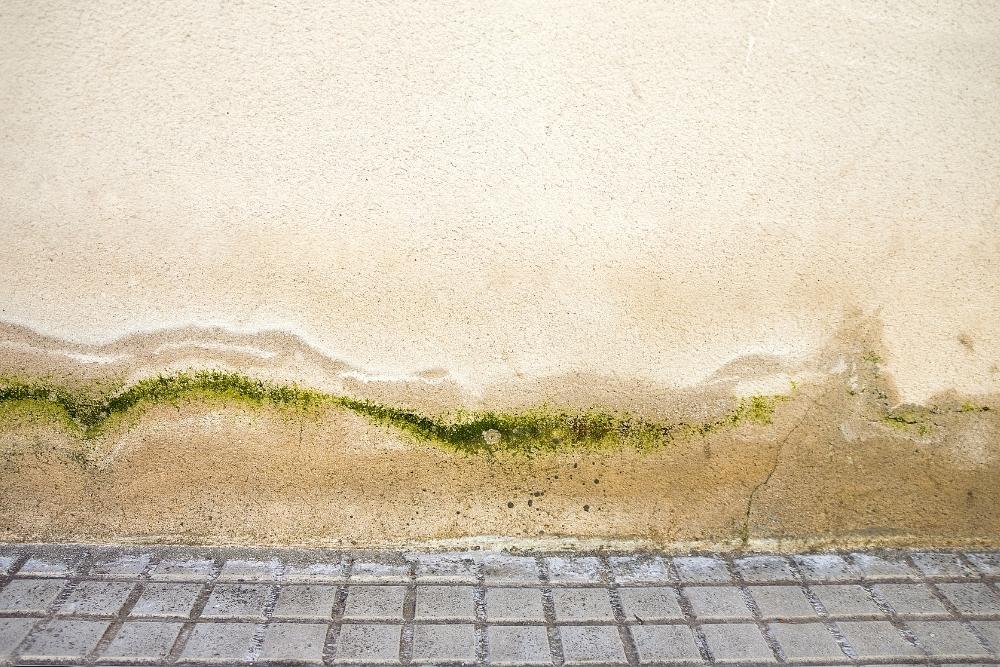
17 Aug How Can You Determine Liability in Condo Water Damage?
Determining the party who is liable to pay for condo water damage can be a complicated process. However, it typically depends on the precise cause of the damage. Condo associations have an insurance plan in place to cover common areas in the building. On the other hand, individual condo insurance policies financially safeguard the interiors of individual units, including the walls, flooring, and the owner’s personal belongings. However, how will you know who covers water damage to your condo? Continue reading to learn how you can determine who is responsible for paying in case water damage occurs in a condo unit.
How to Know Who Is Responsible to Pay for Condo Water Damage
These tips will help you determine liability in condo water damage:
-
Analyze Your Personal Condo Insurance
Carefully analyze your personal condo insurance policy and the master building insurance plan. You can get your copy of the building policy from any member of your condo association.
-
Find Out What Exactly Caused the Water Damage
There are likely to be two situations here:
-
If a pipe in your kitchen ruptured or your toilet flooded, leading to water damage, it’s most likely that the claim will be paid for by your personal condo insurance policy.
-
If an adjoining condo unit was flooded, leading to water damage in your unit, the situation can get complicated. According to the American Homeowners Resource Center, most condo associations prefer not to be involved in such unit-to-unit issues.
-
-
Inform Your Condo Association
If you are facing water damage in your unit, let your condo association know about any water damage that originated outside your unit, leading to problems in your unit. This damage could include several events such as a roof leak, a neighbor’s washing machine overflow, etc. This enables you to determine their reaction to your problem so you can understand whether the condo association will get the damage fixed. Contact your association at the earliest because water damage of any scale can trigger toxic mold growth within 48 hours of its occurrence.
-
File a Claim as Soon as You Can
Quickly file a claim with either the master building policy insurer or your individual insurance provider after you’ve determined the party liable to pay for the water damage in your unit. However, if the damage was caused due to an event originating in the adjoining/neighboring unit and both the insurance providers refuse to accept the claim, then it’s best to discuss the issue directly with your neighbor. You’ll need to meticulously gather all the essential details regarding your neighbor’s insurance plan to deal with the issue seamlessly and quickly. However, if the concerned neighbor is uncooperative and refuses any responsibility for the event, you might need to file litigation.
-
Contact a Professional to Identify the Damage
If you’re unable to determine the cause of the water damage, contact a professional plumber to analyze the damage and determine its cause. A plumber can investigate for any leaking pipes and gauge the underlying cause of damage.
Cover Your Condo with Kevin S. Dougherty Insurance
If you are a condo owner, you need to ensure that your insurance policy covers water damage. Contact our condo insurance experts, Kevin or Merci at Kevin S. Dougherty Insurance, to get your personalized condo insurance plan with adequate water damage coverage at reasonable prices today!




Sorry, the comment form is closed at this time.